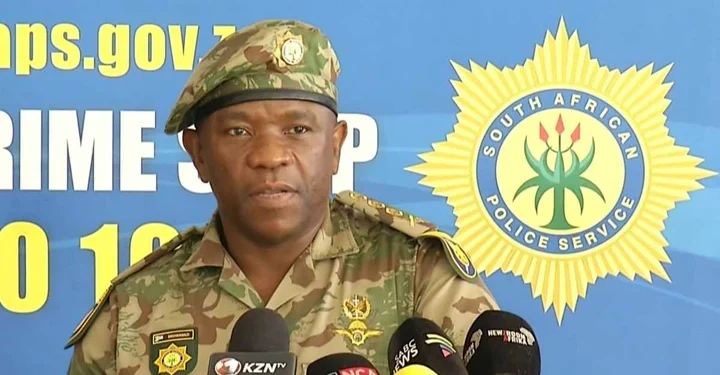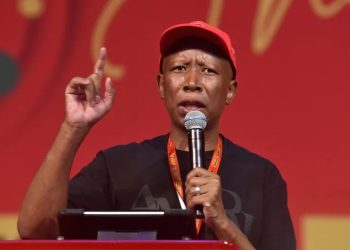A confidential South African Police Service (SAPS) report has directly contradicted KwaZulu-Natal Police Commissioner Lt-Gen Nhlanhla Mkhwanazi’s explosive claim that 121 political killings case dockets were being neglected at police headquarters, according to Sunday World.
The dispute stems from Mkhwanazi’s 6 July media briefing where he alleged that Deputy National Commissioner Lt-Gen Shadrack Sibiya improperly transferred the sensitive dockets from KZN’s Political Killings Task Team to Pretoria in March 2025 without National Commissioner Gen Fannie Masemola’s approval. “These dockets have been sitting idle with no investigative work,” Mkhwanazi stated.
However, the newly revealed SAPS report – prepared by Maj-Gen Mary Motsepe for Sibiya – asserts the cases are being “actively investigated,” despite acknowledging operational challenges including:
-
Released suspects due to weak evidence
-
Delayed ballistic tests
-
Unimplemented prosecutors’ instructions
-
Outstanding forensic reports
The report adds fuel to an ongoing leadership crisis within SAPS, revealing that:
-
Police Minister Senzo Mchunu (currently on leave) ordered the Task Team’s disbandment in December 2024
-
Masemola claims he instructed Sibiya for a phased shutdown to protect investigations
-
Sibiya allegedly bypassed this directive, abruptly recalling dockets and reassigning investigators
Masemola’s court filings support Mkhwanazi’s version, stating the transferred dockets became “dormant” without assigned investigators – directly contradicting Motsepe’s active investigation claim.
With President Ramaphosa having established a commission to probe the allegations, the contradictory accounts expose deepening rifts in police leadership while families of political murder victims await justice. The scandal raises critical questions about potential evidence tampering and whether the dissolution of the specialized unit was politically motivated.
As SAPS leadership prepares to testify before the inquiry, South Africans demand answers about the true status of these high-stakes investigations into KZN’s deadly political violence.






















